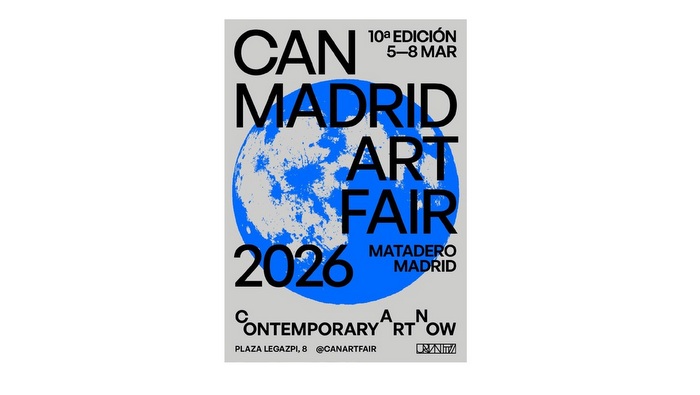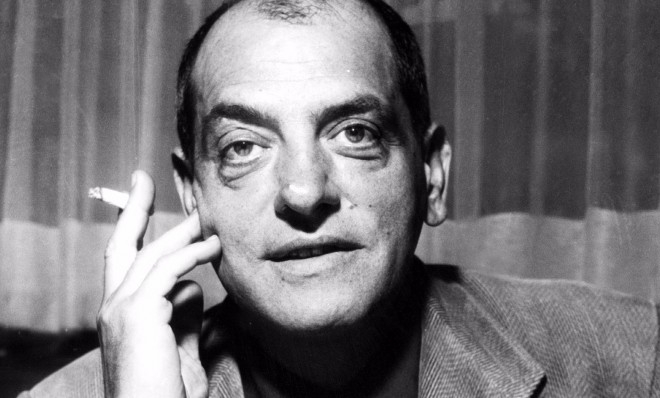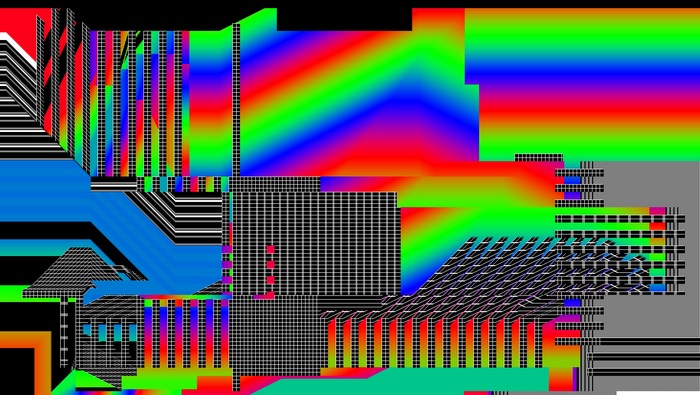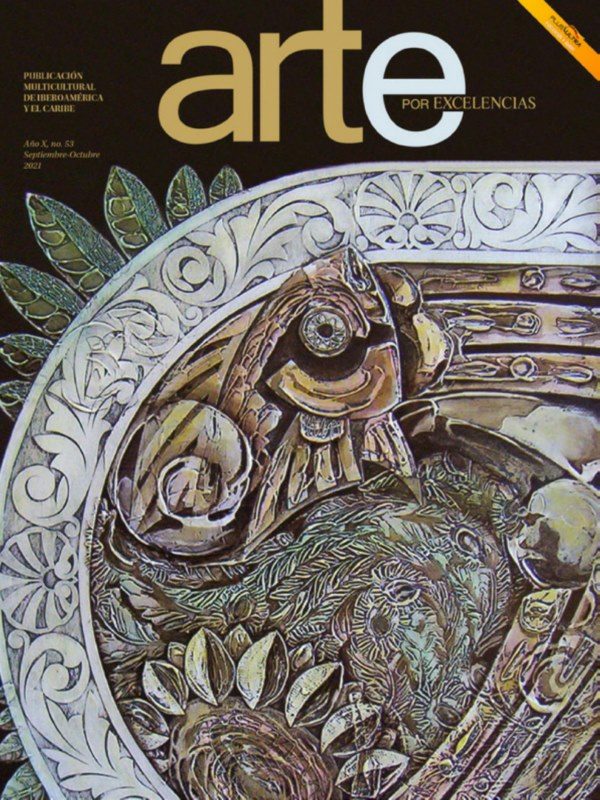Luis Buñuel was never in Havana. But without the existence of this city perhaps a razor would never have mutilated an eye; some beggars would not have been gathered around a table for a grotesque reproduction of the last supper according to Da Vinci; the glacial beauty of Catherine Deneuve could not reign in a brothel ... None of the stories created by one of the most brilliant filmmakers, would have been filmed.
Without Havana, little Luis, born with in the twentieth century, on February 22nd, 1900, could not have taken his first steps in the streets of Calanda. It was precisely in the Cuban capital where his father, Leonardo Manuel Buñuel González, gathered the fortune that allowed him to marry the beautiful Maria Portolés Cerezuela.
Entrepreneur by nature, and refused to continue the pharmaceutical tradition of his brother, the restless Leonardo chose to try his luck on the other side of the world. At the age of 14 he escaped from the house to join the Spanish army. Three years later, he enlisted along with nine other friends in the army designated in Cuba. The magnificent calligraphy with which he filled his request made him an office worker in Havana. The other nine went inside, fighting the mambises, and died of yellow fever, Luis said in recalling the stories of his progenitor. After graduating, Leonardo Buñuel opened a business in Old Havana.
The eldest son Luis Alberto Buñuel Portolés never forgot that among the recurring anecdotes that his father, almost always silent, used to tell him and his six brothers, they could not miss what happened on the night of February 15, 1890. That night the North American cruiser Maine, anchored in the bay, sank with its crew as a result of a terrible explosion. This catastrophe was the trigger used by Leonardo Buñuel to return to his land. He returned to Cuba in 1912, but his former partners turned his back on him and were forced to return to Spain. That was the same year that Alejo Carpentier wrote his novel The Harassment, which Luis Buñuel then tried to shoot in the city that hosted his father, but it was never possible.
Publicaciones relacionadas

UVNT es ahora Can Art Fair Madrid
Diciembre 23, 2025

















